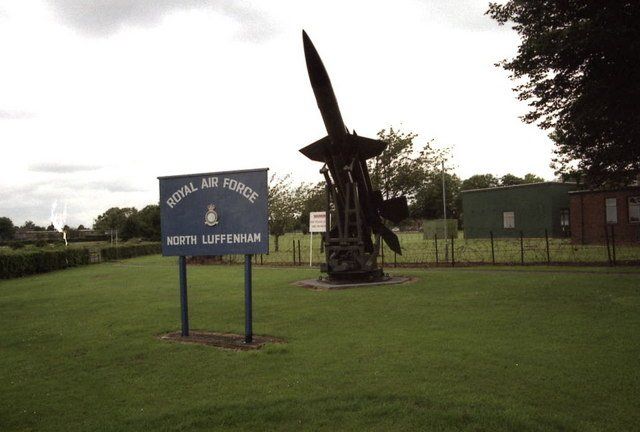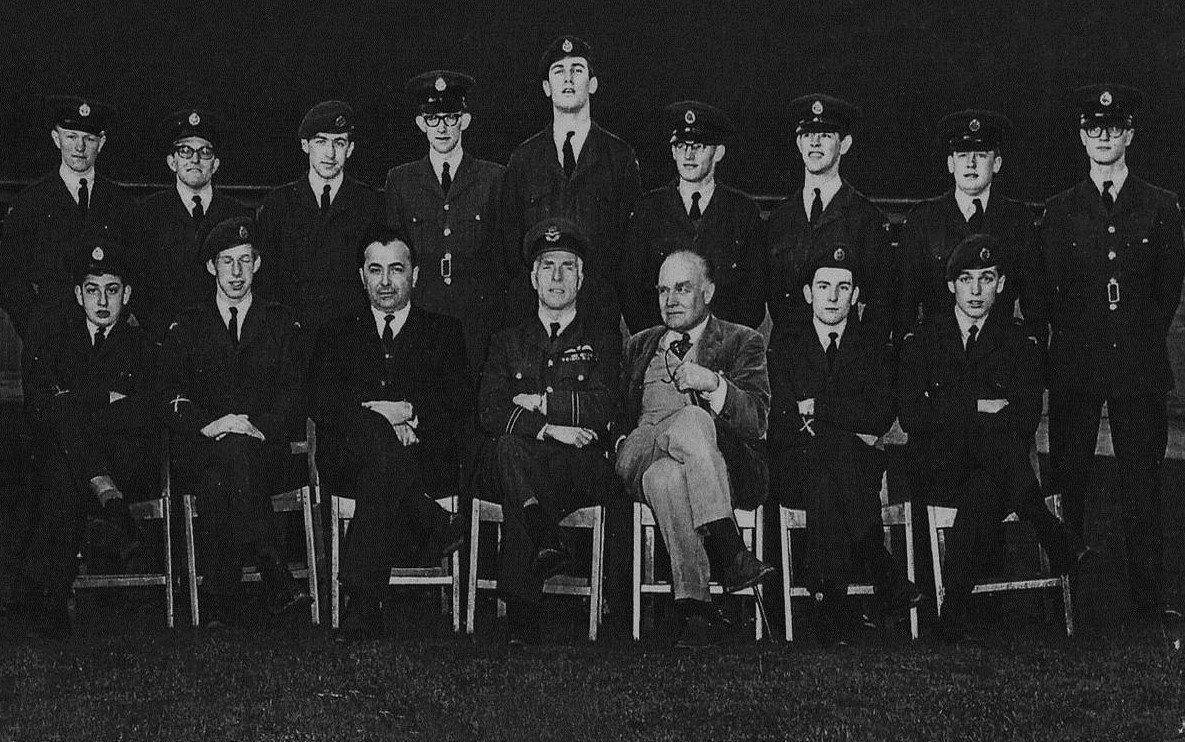Our main native Russian-speaking instructors – Rada Surshykova, Boris Surshykov & Fred Fyodorov – are pictured left.
I don’t believe anyone of my era can think back to use of the language laboratory without recalling the inimitable Fred Fyodorov’s lessons there. Sometimes we had chief instructor Boris Surshykov – with his machine gun delivery of Russian words – in charge, but we all preferred to enter the laboratory and see that Fred was to be our teacher that day. In complete contrast to small and stocky Boris, tall, slim and tanned Fred had a laconic accented speech pattern. “Like a Cossack John Wayne” was one memorable student description of the man.
He had many Fred-isms to deliver, which have gone down in the annals of RAF linguist history and are recorded at length in Dafydd Manton’s book. The one I remember being said to us was “Boys. You want horse to pee, you whistle”. Coming from a former Cossack officer (who incidentally was a behind-the-scenes advisor to MI6), you have to believe this. According to a recorded entry on the RAF Linguists Association's Facebook page, Fred never took sugar in his drinks, as in his Soviet military service he had got used to giving any sugar he was able to obtain only to his cavalry horse.
But, for us, Fred’s piece de resistance was at the end of each lesson. Whilst pretending that it had happened by accident, suddenly all the students on line would be able to hear and talk to each other. It was his special way of wrapping up a session. Fred was far too clever to do this inadvertently; it was just typical of his deadpan sense of fun.
As the course progressed, so my ascendancy in the results list continued. By the end of our nine months' academic training, I was consistently at the top of the class. Finally, I had found something I was good at! Would I be able to continue this success in the secretive unknown of applied languages?












